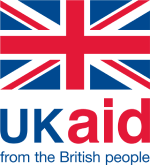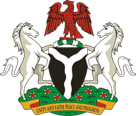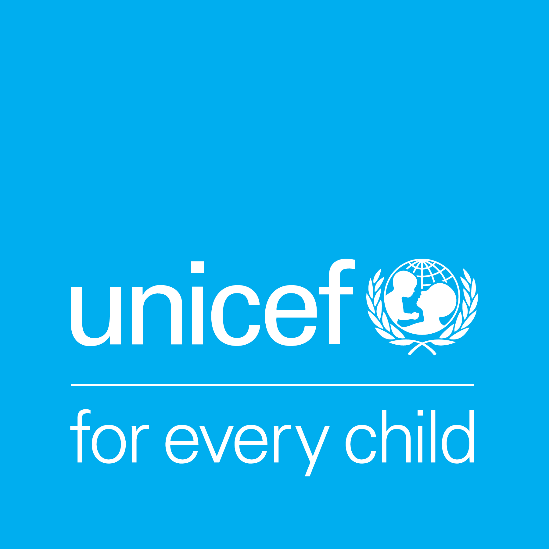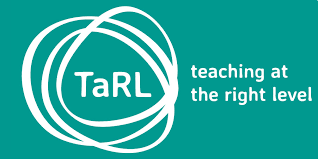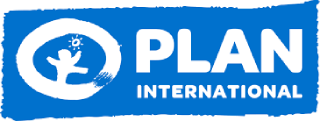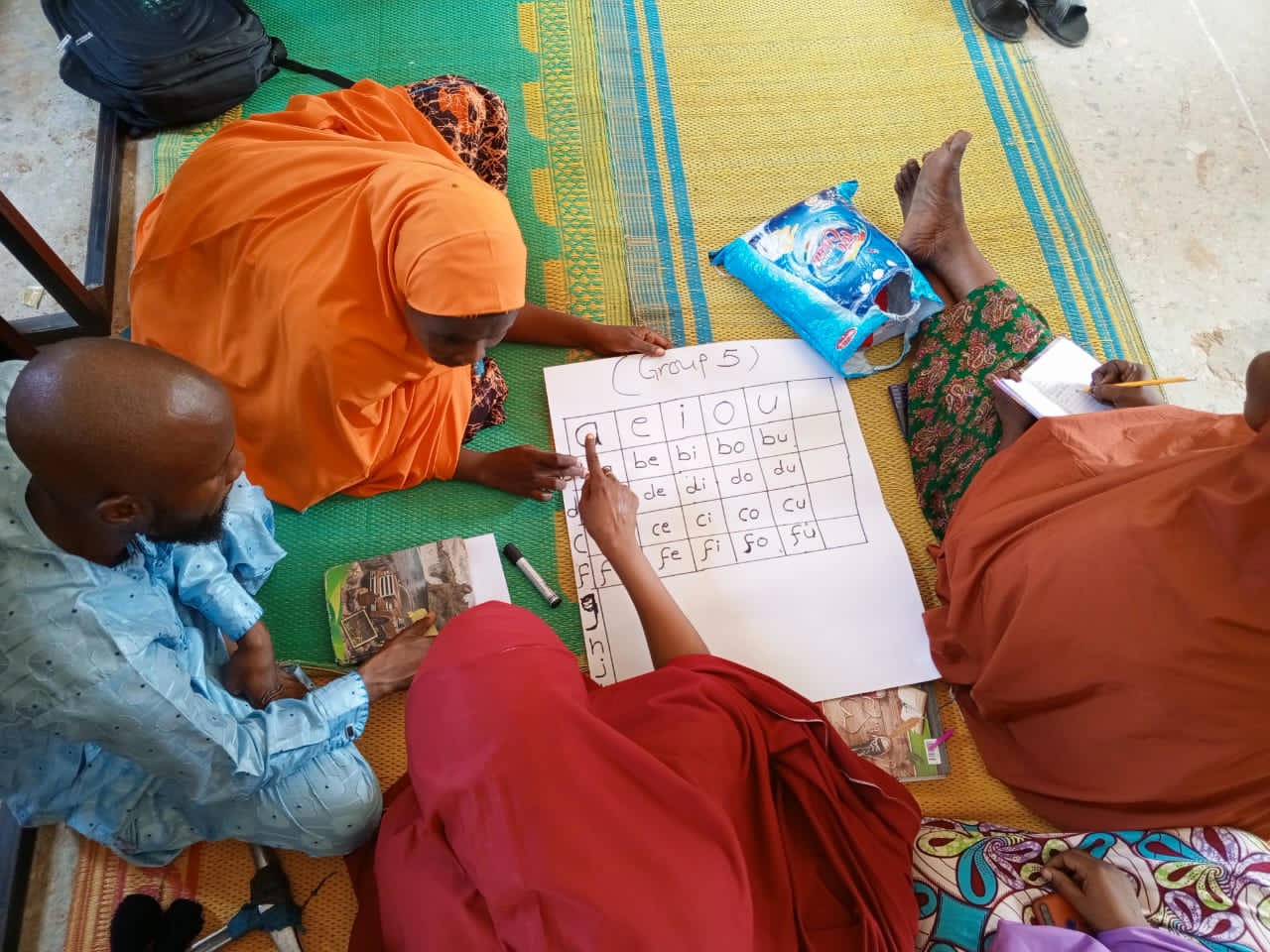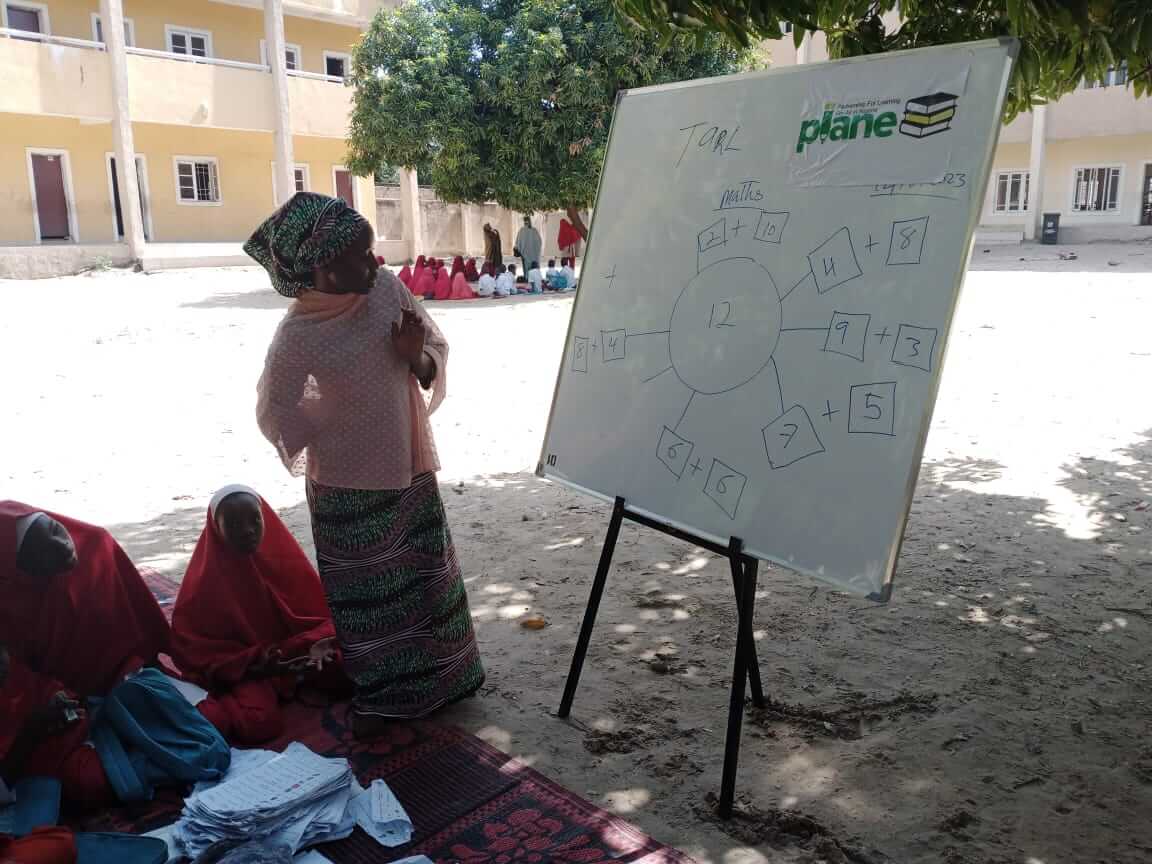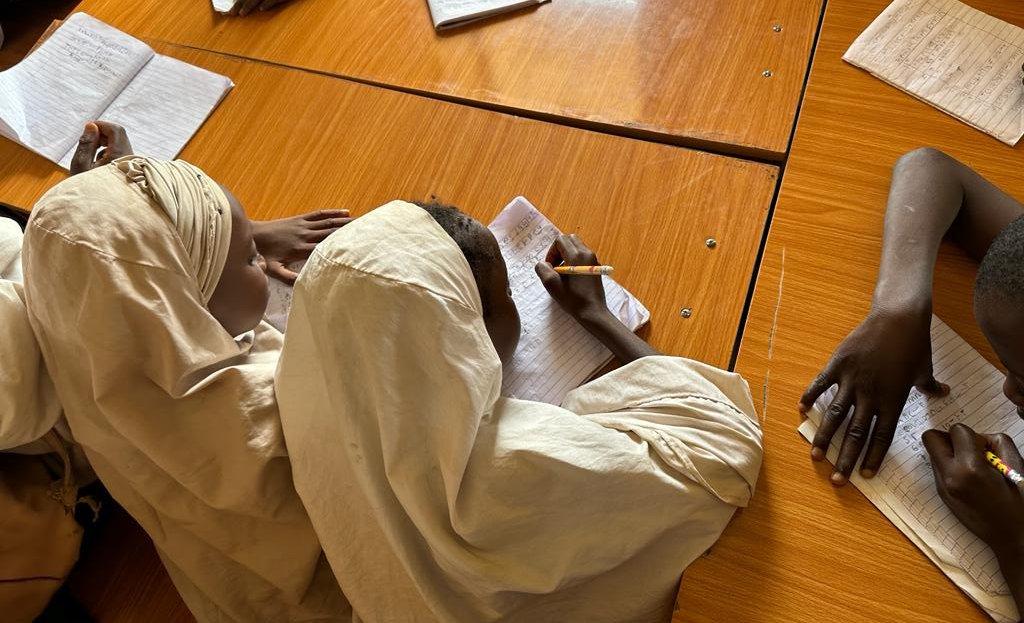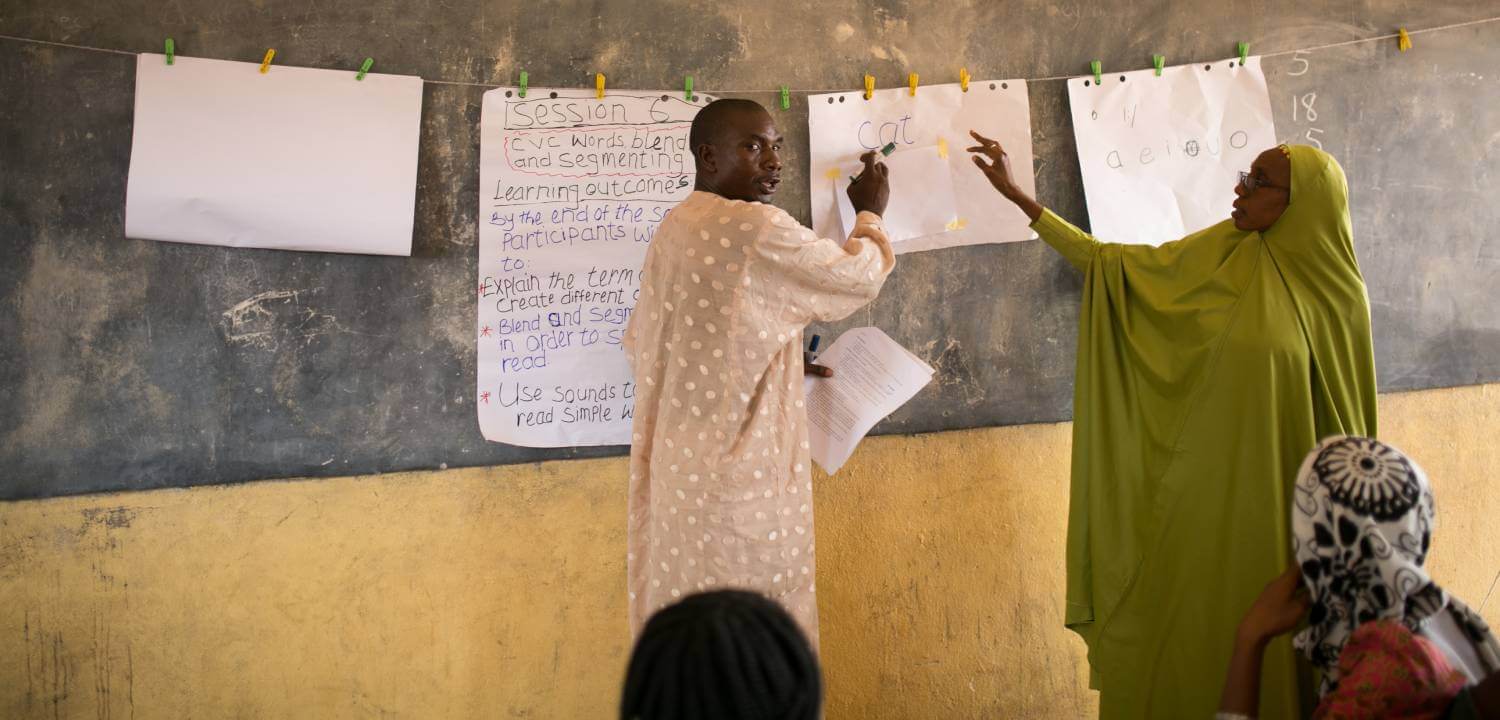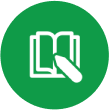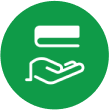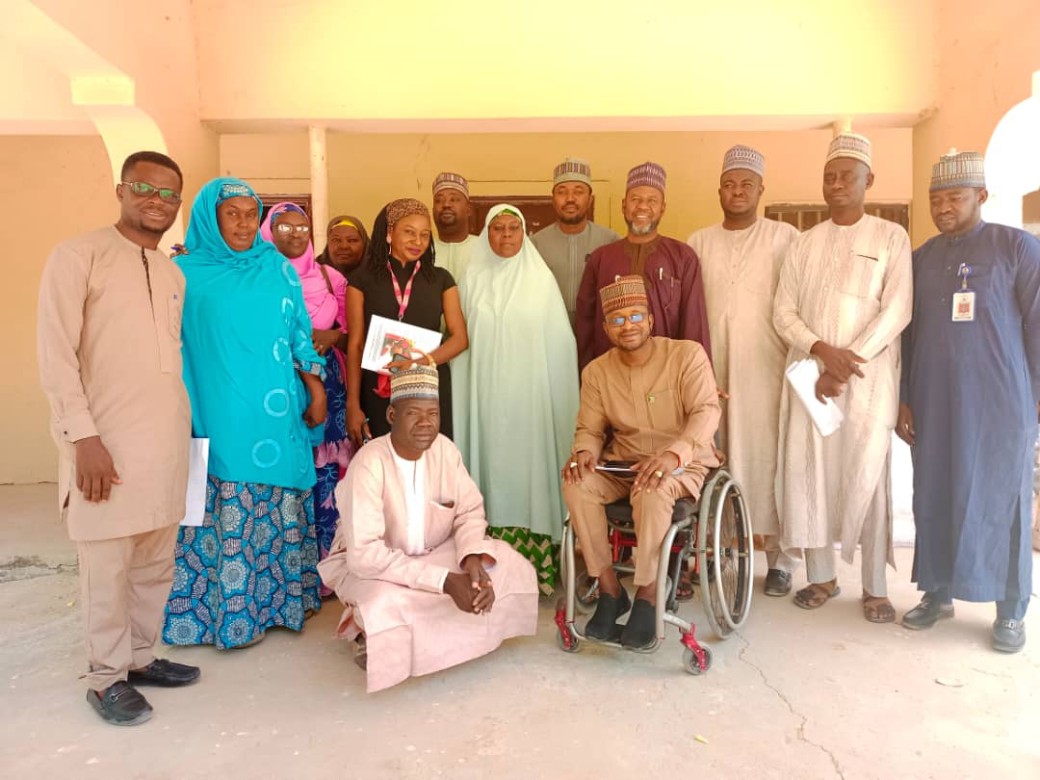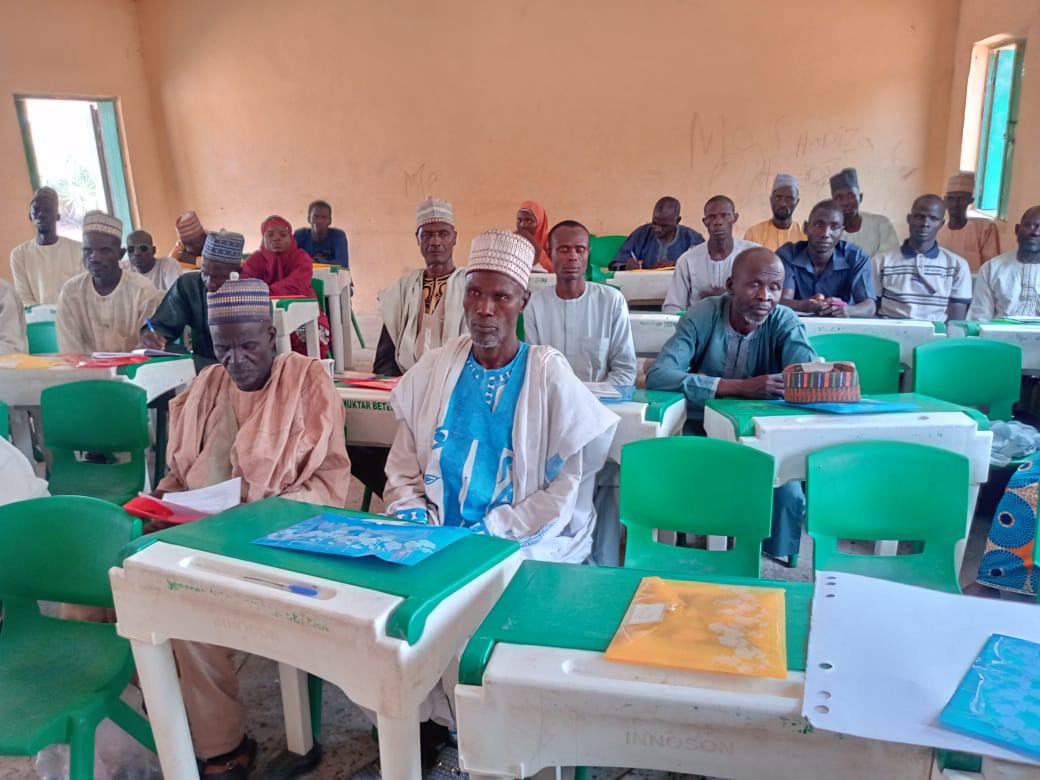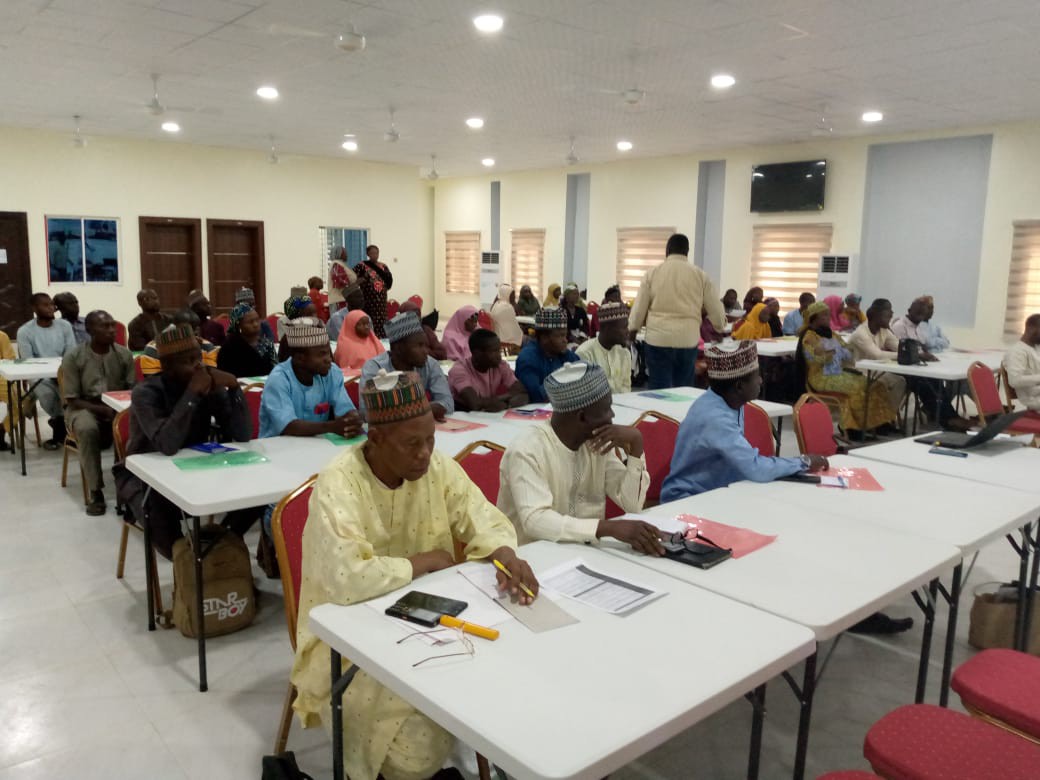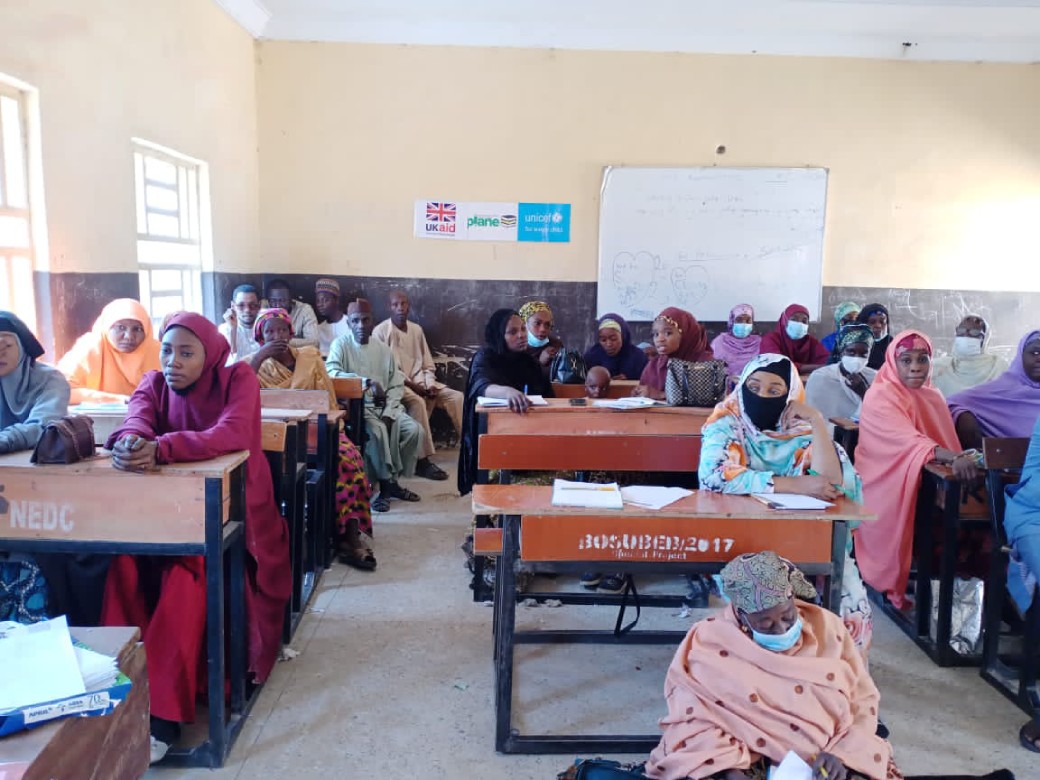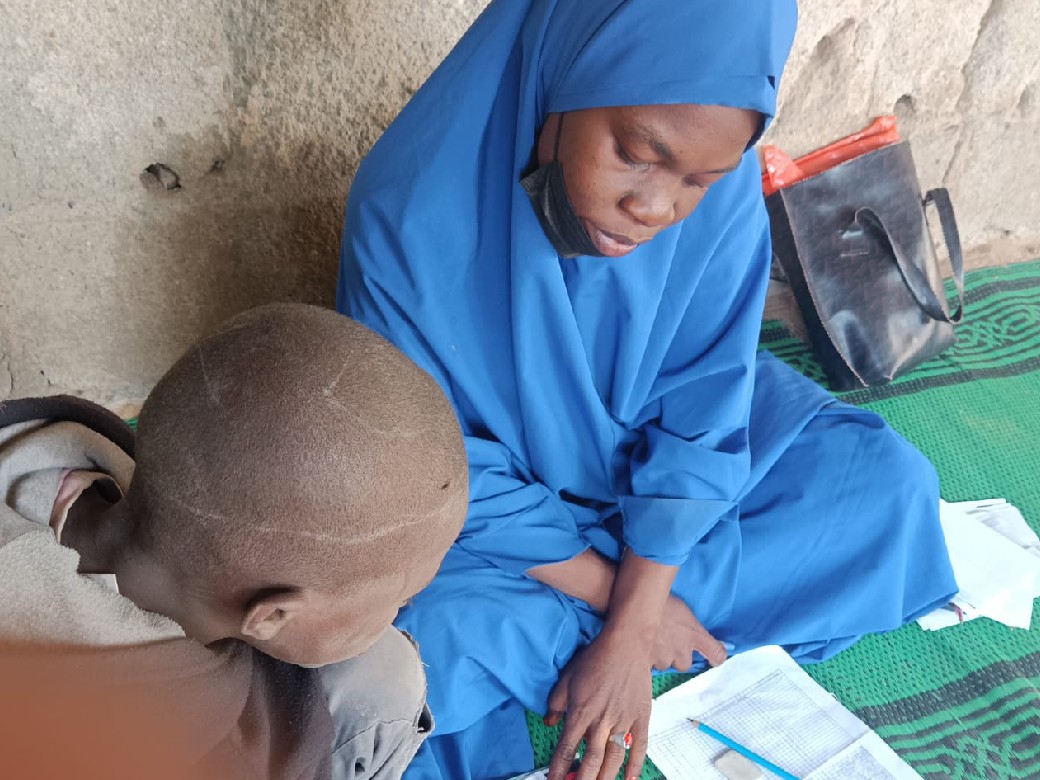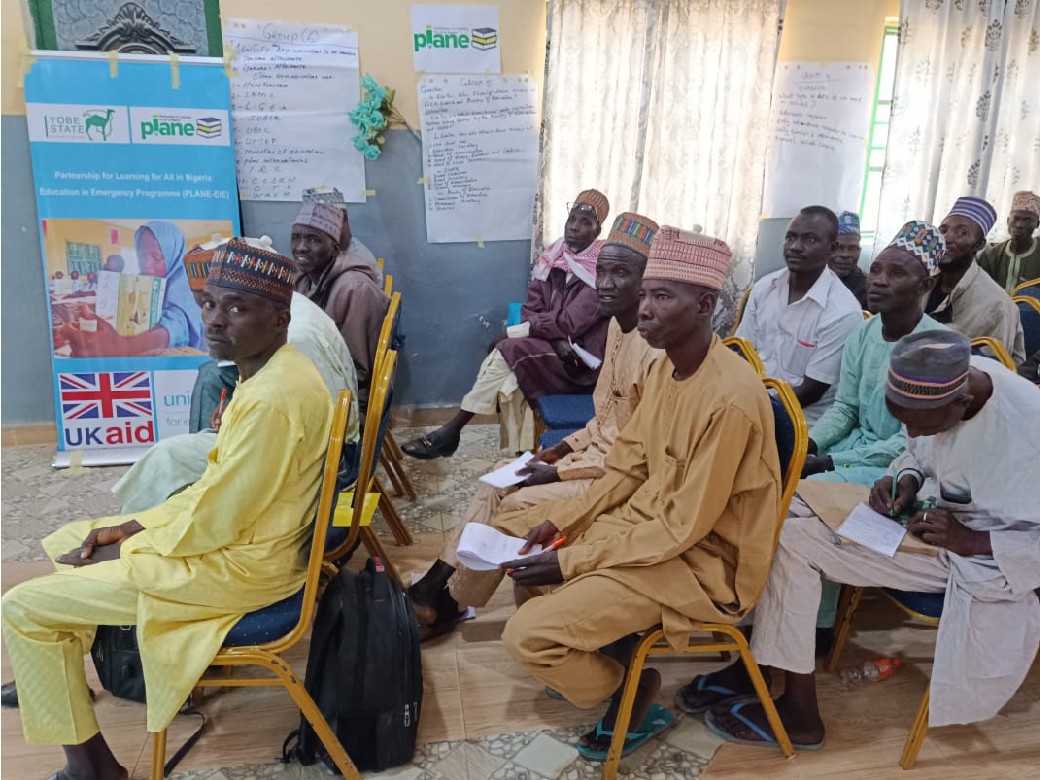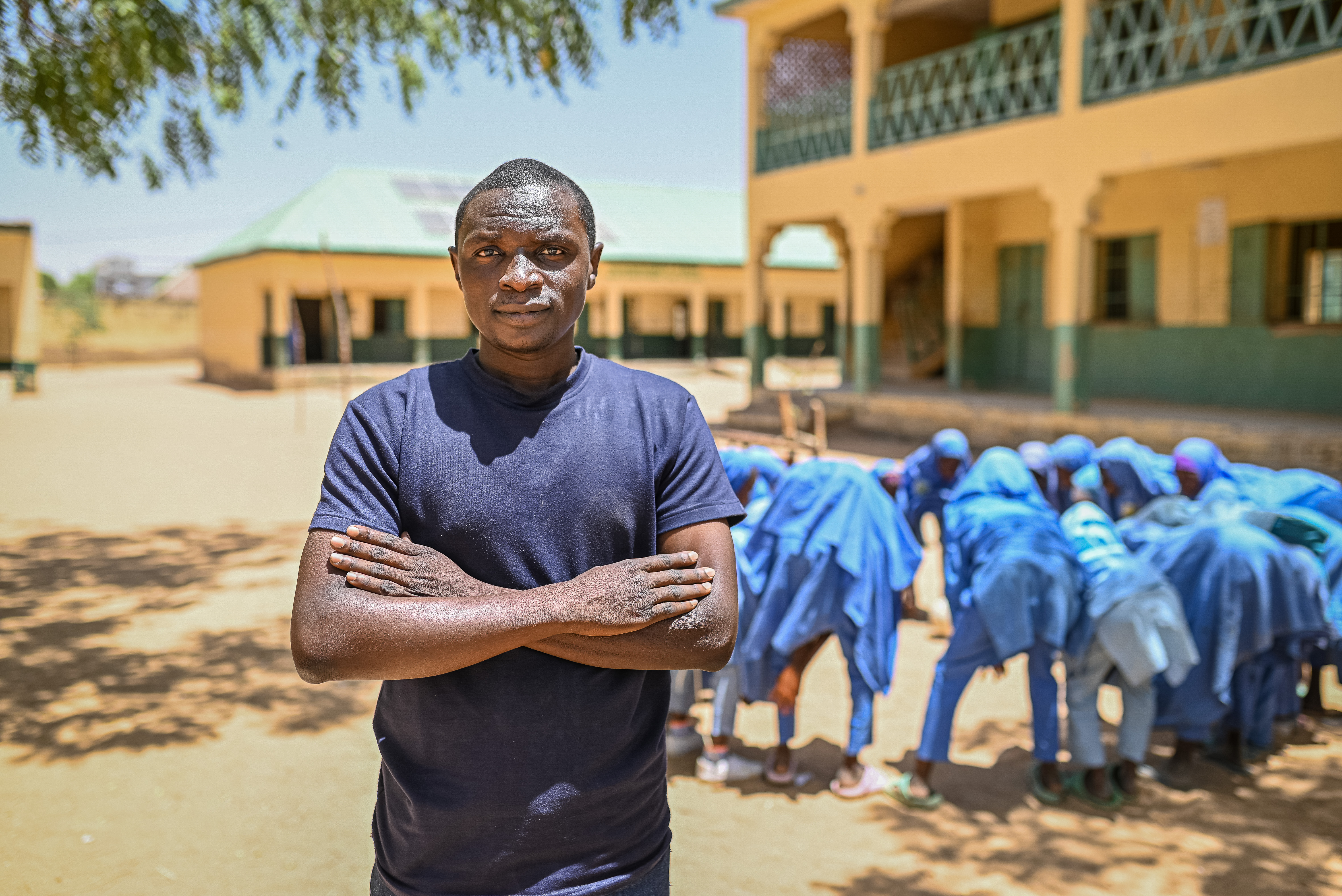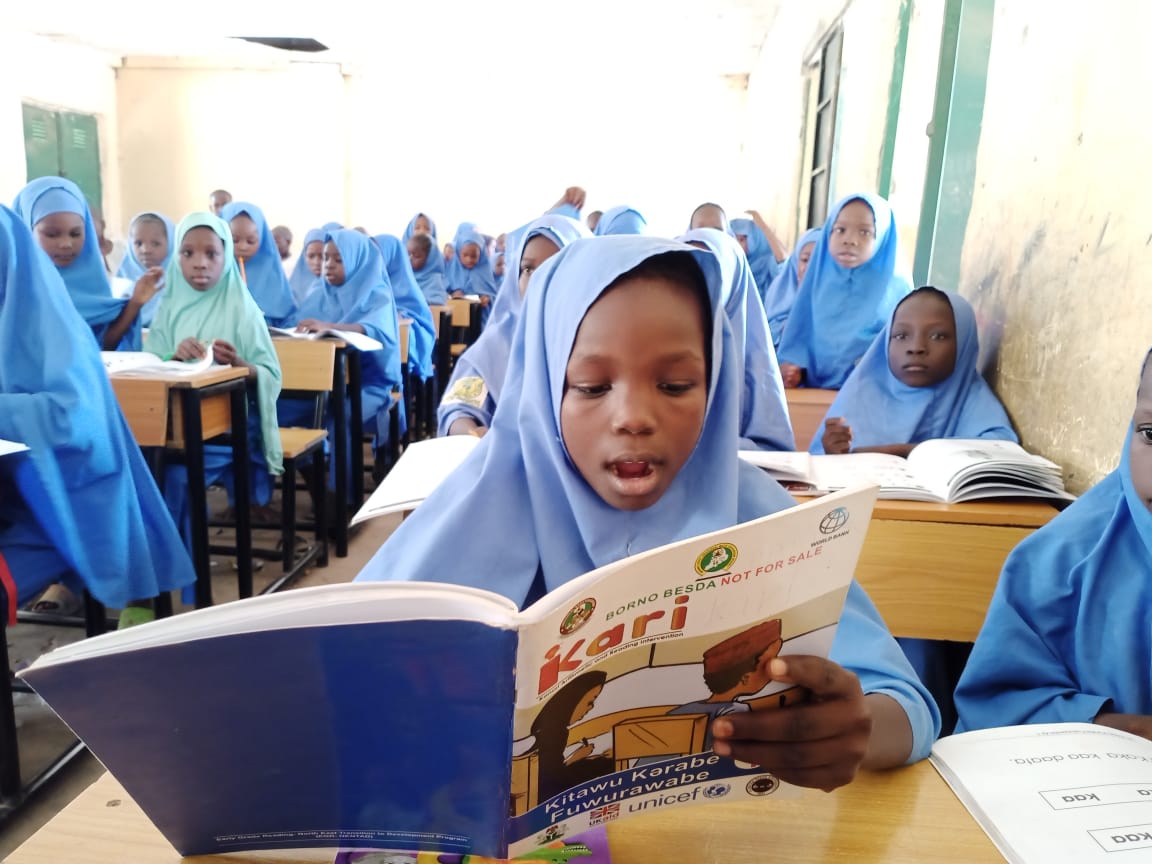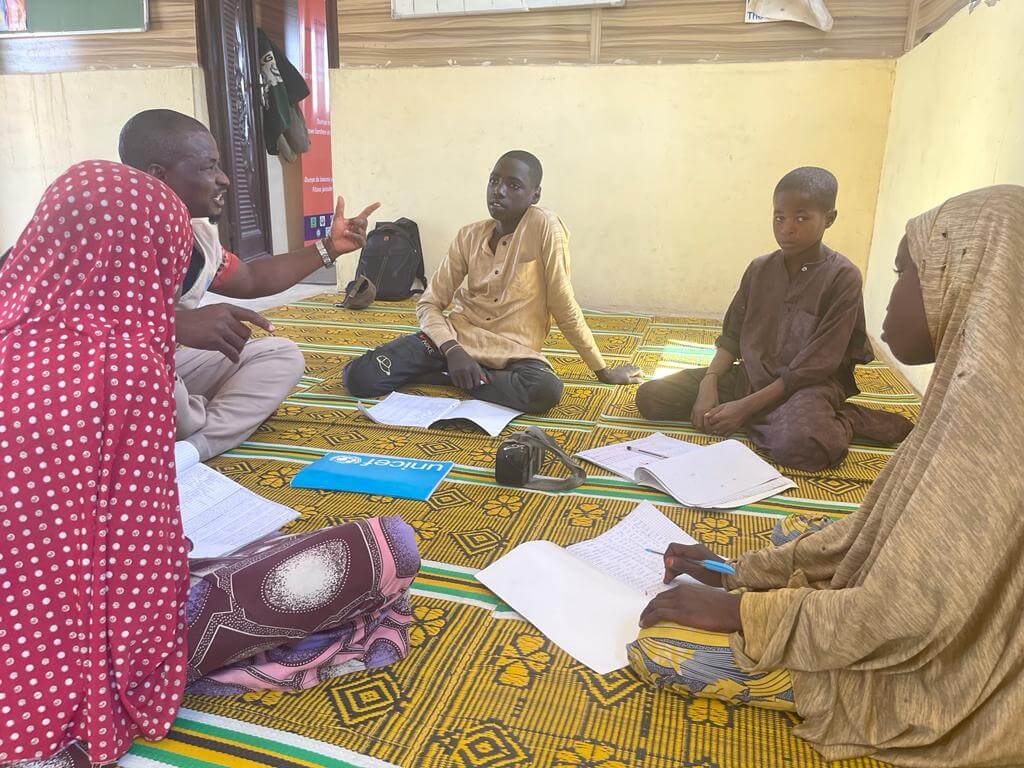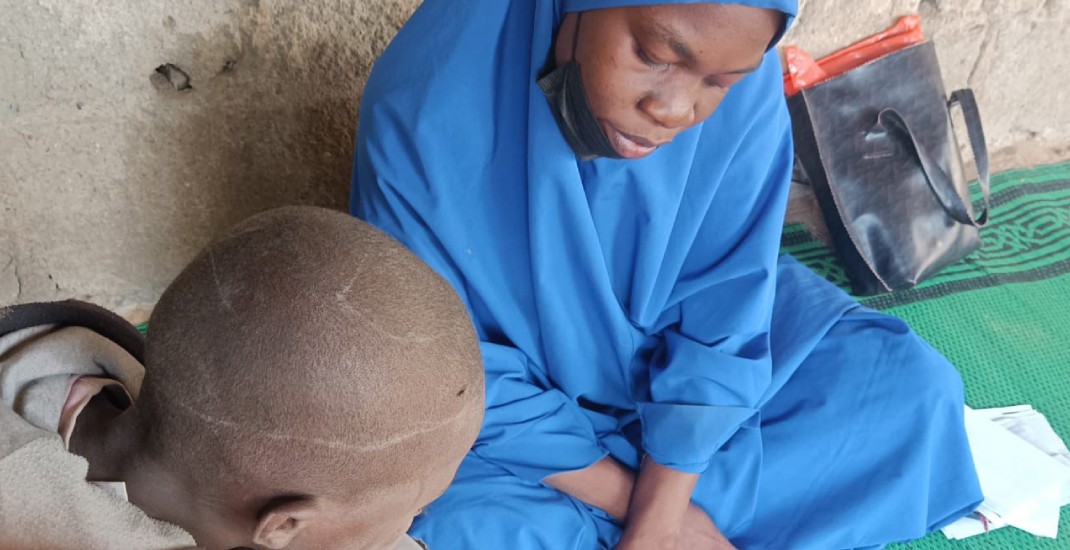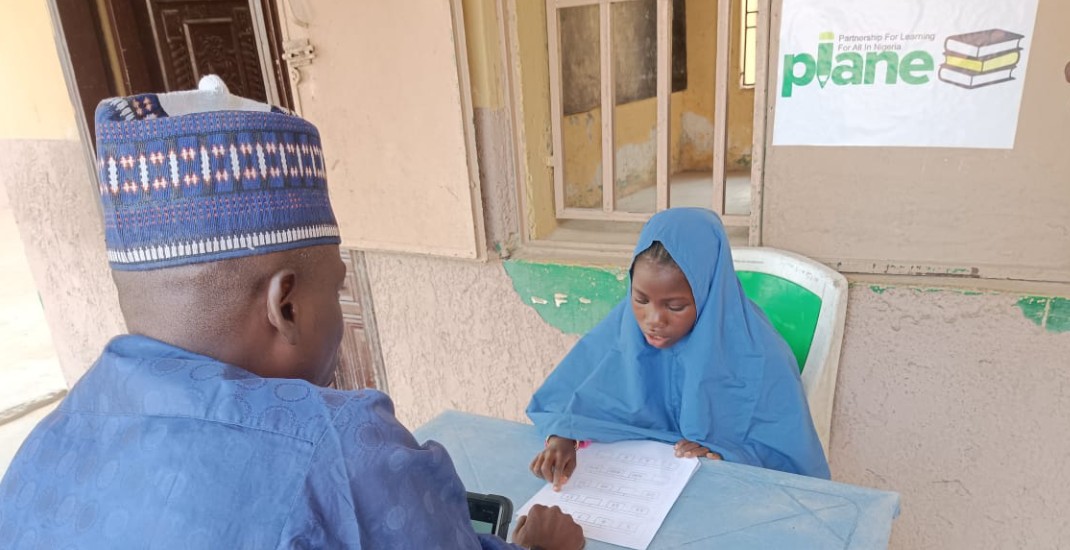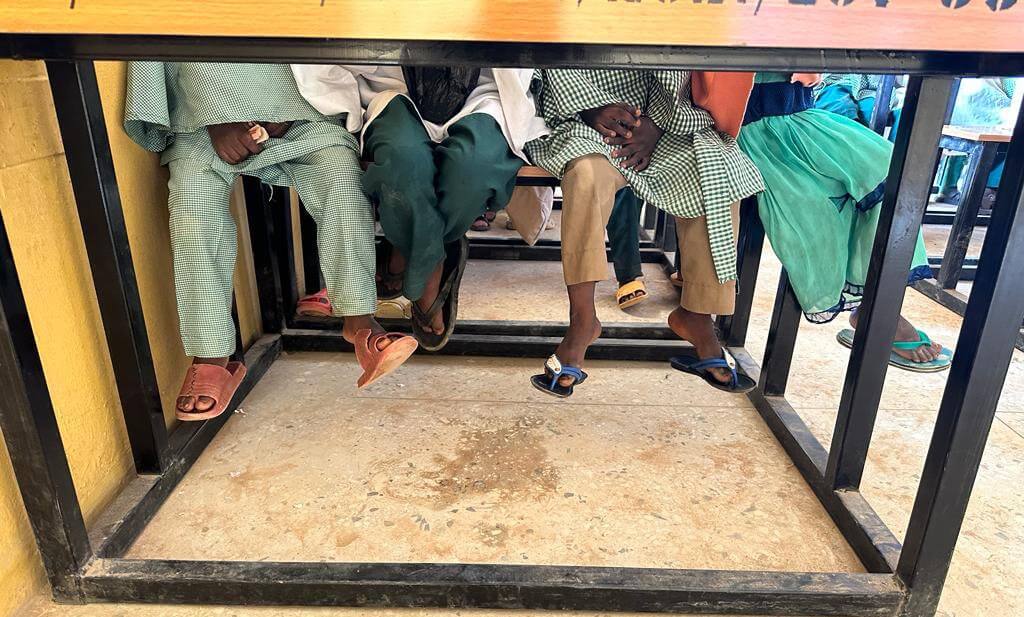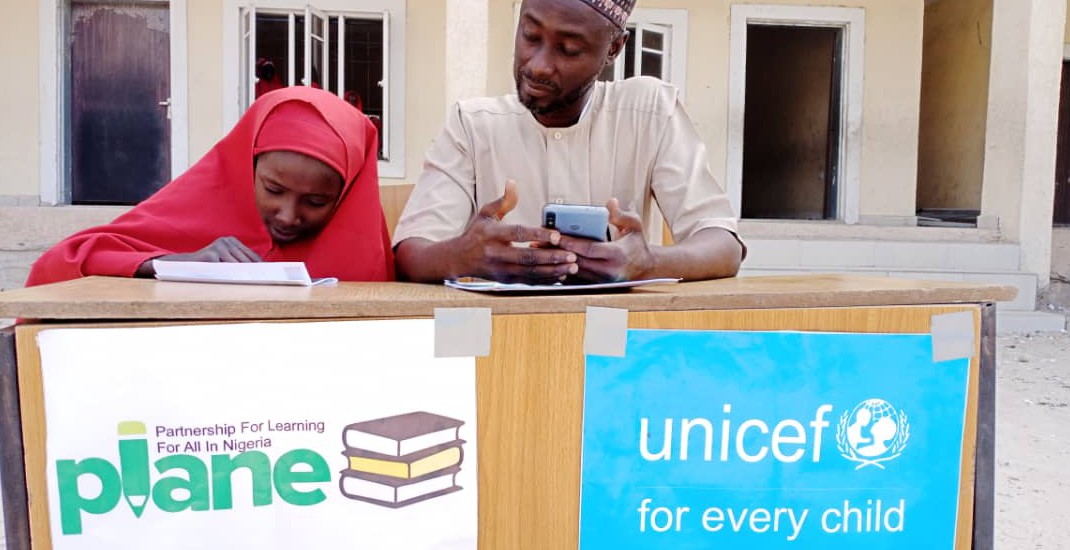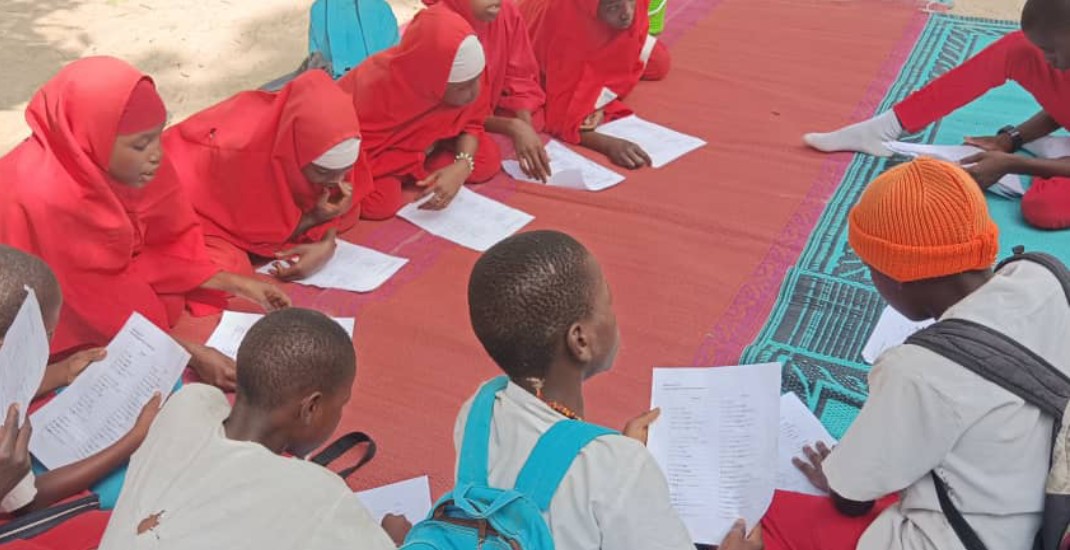conflict-affected children are without access to basic education.
The decade-long conflict in Nigeria’s northwest has resulted in widespread displacement, violations of international humanitarian and human rights law, protection risks, and a deepening humanitarian crisis, which has had a devastating impact on safe access to quality learning.
Some children struggle more than others.
Children and adolescents lack the fundamental literacy and numeracy (FLN) skills as well as transferrable skills required for the transition to productive life opportunities. This is especially true for children from low-income homes, as well as females and disabled children.
The 14 years-long conflict in Nigeria’s northeast has resulted in widespread displacement, violations of international humanitarian and human rights law, protection risks, and a deepening humanitarian crisis, which has had a devastating impact on safe access to quality learning.
Some children struggle more than others.
Children and adolescents lack the fundamental literacy and numeracy (FLN) skills as well as transferrable skills required for the transition to productive life opportunities. This is especially true for children from low-income homes, as well as girls and children living with disability.
